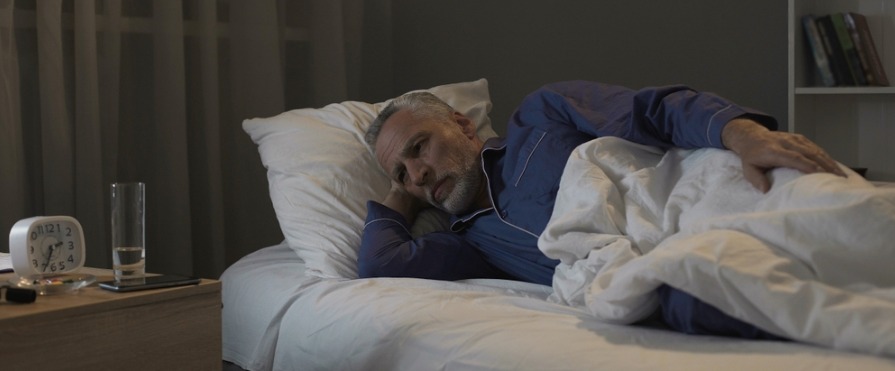It’s an age-old problem, isn’t it? No matter how far technology advances and how many new gadgets we create, large percentages of the human population still struggle to sleep at night. Whether you’re struggling to sleep because of stress, exhaustion or a little too much caffeine in your life, there’s always a solution.
Let’s explore some of the proven techniques that will help you fall asleep. We’ll debunk some of the most popular sleep myths and look at how you can sleep with existing health conditions. You won’t be surprised to learn that our high-quality Comfomatic adjustable beds can help you get the sleep your body so dearly needs.
Ways to help you fall asleep
Your body, mind and soul rely on a good sleep. The health benefits of a good sleep are continually underrated: once you struggle to sleep, you begin to appreciate how important it is. It’s a popular myth that some people are naturally bad sleepers – this simply isn’t true. Everybody is capable of getting the hours of sleep they need.
That being the case, here are some of the best ways to help you get to sleep whenever you need.
Adjust the room temperature
Find a room temperature that helps you sleep. Contrary to popular belief, warmer isn’t always better. As you sleep your core temperature may well reduce, but the temperature of your hands and feet increases. Make sure your room temperature is somewhere between 15-23°C, depending on the thickness of your bed covers.
Get a consistent pattern
This one requires a little more effort. When your body is in a routine, you’ll naturally have a body clock. This is useful when your alarm forgets to go off, but it’s also useful when you’re trying to tell your body to switch off at night.
If you commit to waking up and sleeping at the same time every day, then your body will take the hint. When you get into bed, your brain knows it is time to sleep and you’ll find yourself ready to relax.
Exercise regularly
This is another hobby we hear a lot about. We all know about the health benefits of exercise, but we tend to think of weight loss, physical stamina and tone. Exercise will naturally work and tire your body. But it also reduces the levels of cortisol in your body – a stress hormone. Just don’t overdo it!
Tone down the caffeine
Instead of counting sheep, count how much caffeine you’re consuming! Some people need caffeine to get through the day. We don’t blame you – but do you need it to get through the night too? Almost certainly not. Unfortunately, some people digest so much caffeine that their brain struggles to switch off at night.
We’re not just talking about tea and coffee. Caffeine is found in chocolate and even soft drinks. Begin by skipping at least one caffeine-heavy serving a day, and refrain from consuming any caffeine at all 6 hours before sleeping. You’ll fall asleep easier and you’ll benefit from a more peaceful sleep, too.
There are plenty of other useful sleeping tips as well. Some people could benefit from practicing yoga and meditation. For others, listening to relaxing music and even reading can help. One of the most effective ways to get to sleep is to find a suitable sleeping position.
Falling asleep with health conditions
All of these methods to fall asleep will benefit the vast majority of us. But for people with specific health conditions, it might not be enough.
Common health conditions such as sleep apnea and back or hip pain significantly impact on your ability to fall asleep. Not only that, with specific physical issues, getting in and out of bed is also a burden.
As well as using the above advice, those suffering from health conditions should benefit from trying a new sleeping position. We tend to sleep in three different positions: on our back, front and side. If you have back issues or an upcoming and scheduled procedure, you’ll be aware that some of those positions are no longer an option.
The best advice for sleeping with health conditions is to try an new adjustable mattress, so that you can begin sleeping in new, more appropriate positions.
How can Comfomatic help?
At Comfomatic, we have a range of adjustable beds that could help you get to sleep each night. As well as trying some of the more traditional sleeping techniques, our adjustable beds will potentially help you get to sleep. They have already helped thousands of our customers suffering from common physical issues such as back pain and sleep apnea.
With our adjustable bed range, you could find a new, comfortable position that might help you fall asleep more quickly. They’re not scientifically-proven hospital beds, but they can help you find a supportive position to relax and sleep more soundly.
If you’d like to know more about how our adjustable beds can help you get to sleep, then please check out our range of high-quality adjustable beds. You could get the quality of sleep you need back in your life.
